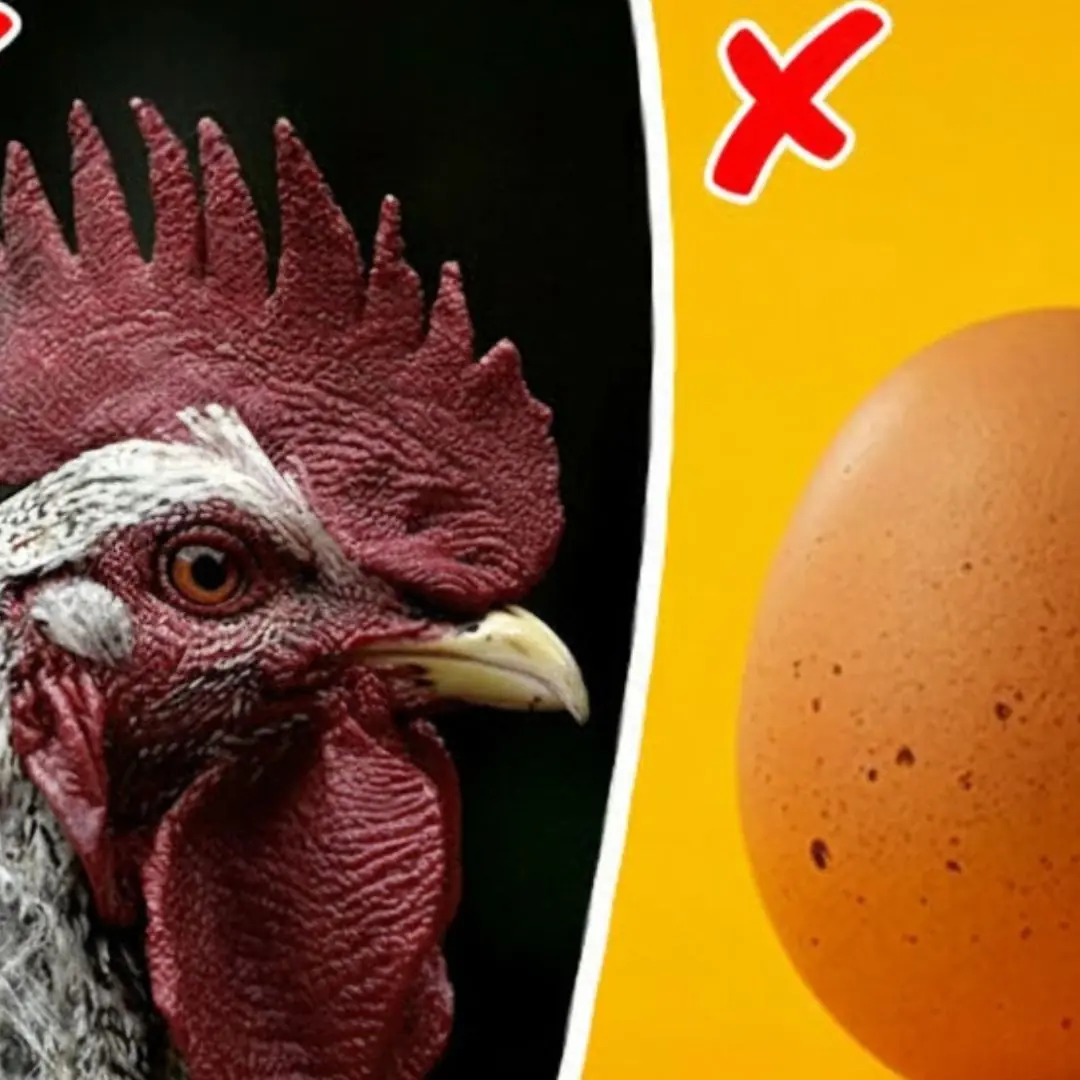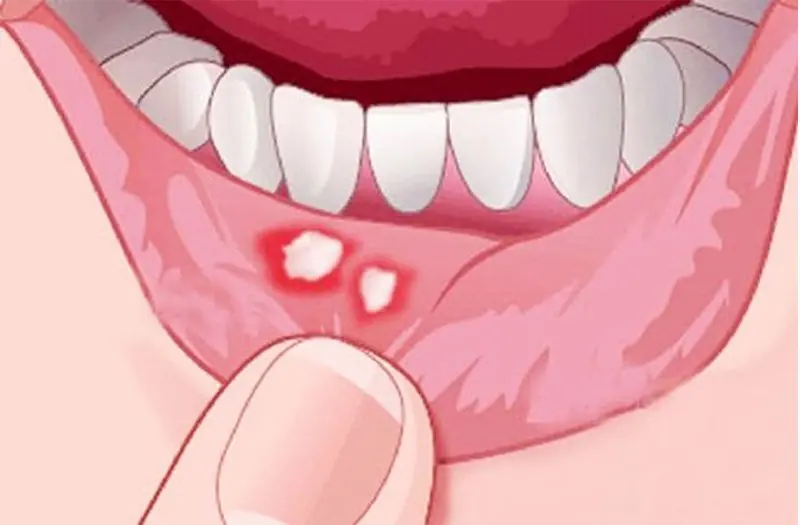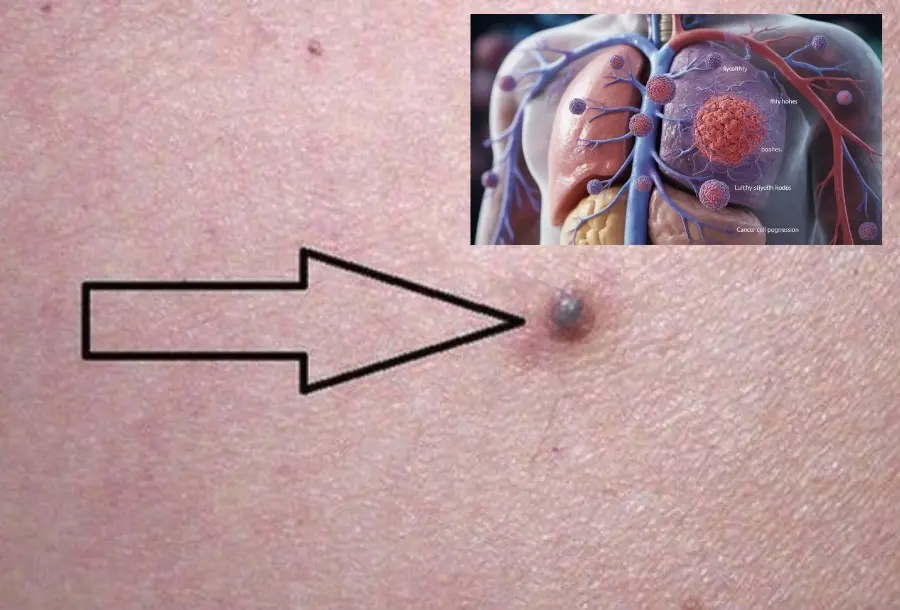
She didn't lose weight; she gained weight.
A woman eats vegetables and boiled eggs every day, three meals a day, but her weight increased by 7 kg. After checking for "allergies," she found out where she went wrong.

Eggs and vegetables are considered recommended foods for those who want to lose weight. However, a woman not only failed to lose weight but actually gained weight despite eating only eggs and vegetables for half a year.
Weight gain despite eating healthy food
Yang Zhiwen, a weight loss expert and family medicine doctor at the Xiao Zhou Chu Ri Clinic in Taiwan, explained that this patient works as a pharmacy assistant and has some knowledge of health care. However, despite eating healthy foods for six months, she gained weight, felt fatigued, and often had unexplained body aches.
To find the cause, she underwent tests for thyroid function, liver, kidneys, and anemia, which all came back normal. However, she continued to gain weight and became concerned. Eventually, she tested for IgG4 food allergies and was surprisingly found to be allergic to eggs.
Chronic food allergies: A commonly overlooked cause
Yang Zhiwen explained that most people's understanding of "allergies" is limited to acute reactions caused by IgE, such as swollen eyelids after eating shrimp, difficulty breathing after drinking beverages containing peanuts, or hives after eating peaches. These types of allergies can be avoided by eliminating the offending food. However, IgG4 food allergies are often overlooked because they have delayed and unclear symptoms.
Chronic allergies do not only affect weight but can cause many other health problems as well.
Yang Zhiwen recommended that if you pay attention to your diet and exercise regularly but still experience weight gain along with other symptoms such as insomnia, skin inflammation, body aches, or fatigue, you should test for allergies or undergo a gut check to find the real cause.
What should you do if you have food allergies?
Xu Jingyi, a nutritionist at the Lian Clinic in Taiwan, said that the key is not whether the food is good or bad, but whether each person is allergic to that particular food. Testing for allergens can help understand the severity of allergies to different foods.
If the allergy is mild, you can still eat the food but should reduce the quantity and avoid consuming it continuously for more than four days. For moderate allergies, you should avoid that food for at least 3-6 months and test again before starting to consume it in appropriate amounts.
Xu Jingyi recommended that, in addition to avoiding foods that cause moderate to severe allergies, you should improve gut health by supplementing probiotics and fiber. It's also important to plan a varied diet, such as choosing sushi or sweet potatoes as the main dish if you are allergic to wheat, or using chicken or soy products instead of eggs if you are allergic to egg whites or yolks, in order to reduce the risk of food allergies.
News in the same category


Drinking Polyscias fruticosa Leaf Tea Daily: A Simple Habit Linked to Notable Health Benefits

Now I know these 4 relics should never be kept

With just a few simple tips passed down by seasoned fishermen

When buying oranges, should you choose ones with a big or small “navel”? Here are 4 tips to pick super-sweet oranges

The Cultural Meaning of Ankle Bracelets You May Not Know

Doctors Explain What Happens When You Eat Bananas Every Single Day

The Tiny Seat Belt Button You’ve Probably Never Noticed — Here’s What It’s For

Why Placing Ginger by Your Bedside Can Benefit Your Health

Can Lemon Seeds Really Save a Snakebite Victim in One Minute? Doctors Warn Against a Dangerous Myth

5 Common Refrigerator Mistakes That Can Multiply Bacteria by 10 Times

A Common Mistake Countless Families Don’t Even Know They’re Making

In winter, drying thick clothes is a slow process—and sometimes, they end up smelling bad.

The real electricity th.ief in your home

Scientists Finally Reveal a Sho:cking Answer to the ’Chicken-or-Egg’ Dilemma

Two-Way Mirrors: The Privacy Risks Most People Don’t See

Put ginger next to your pillow when sleeping: A simple secret for good health and sleep

Why do dogs ba.rk and bi.te some people but not others? There's always a reason!

Packed with powerful nutrients, these 3 humble vegetables are hailed in Japan

The small button on your phone that connects to Wi-Fi automatically: No password needed, no mobile data used — what’s the truth?
News Post

Banana Blossom – A Cheap Dish with Benefits That Even Doctors Find Surprising

Frequent Mouth Ulcers in Winter: Don’t Ignore Them, as They May Signal Serious Health Issues

A Serious Reminder: 3 Types of Fruit That Can.cer Cells “Love” — Doctors Avoid Them, Yet Many People Eat Them Daily

Here are some possible reasons you might be getting these bruises

A Heart Attack Can Warn You 3 Months Early These 5 Signs Are Often Ignored

Popular low-calorie sweetener linked to liver disease: new study

The “Miracle Food” Against Can.cer and Aging — Surprisingly Found at Every Market

Doctors Warn: If You’re One of These 5 People, Stay Away From Jackfruit

7 Can.cer Warning Signs That Can Appear When You Wake Up

Six Alarming Symptoms That May Indicate Advanced-Stage Can.cer

Doctors Warn: Three Types of People Who Should Never Drink Coffee

Drinking Polyscias fruticosa Leaf Tea Daily: A Simple Habit Linked to Notable Health Benefits

One Month Before A Heart At.tack, Your Body Will Warn You Of These 7 Signs

Young and at Risk: Str.ok.e Strikes 19-Year-Old After Headache — 5 Symptoms You Shouldn’t Ignore

20 Early Warning Signs That Can.cer May Be Developing in Your Body

Waking up to these 7 signs may mean your body is silently feeding can.cer cells.

From “Poor Man’s Vegetable” to “King of Herbs”: The Leafy Green as Nutritious as Meat

Many people are still unaware of this vegetable

If your kidneys aren't working properly, the body shows these 10 signs
